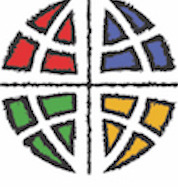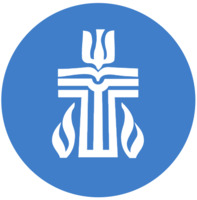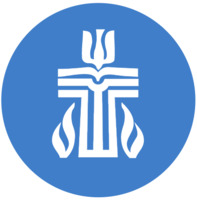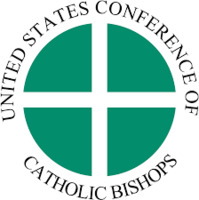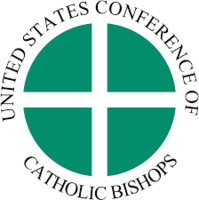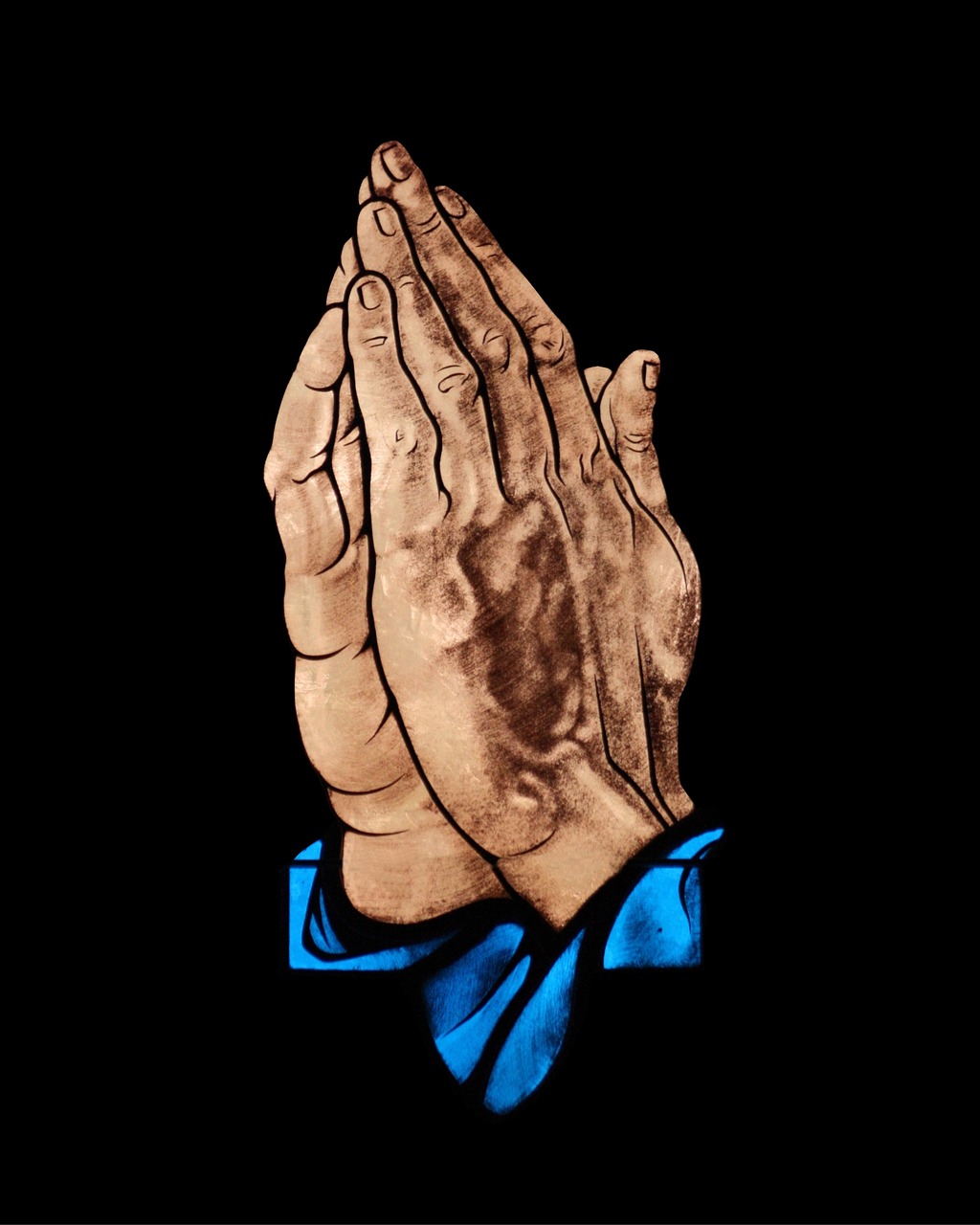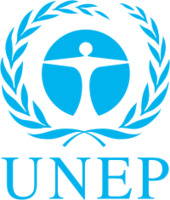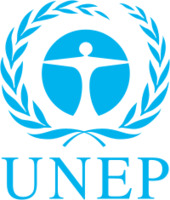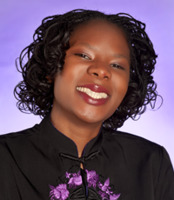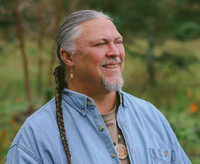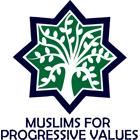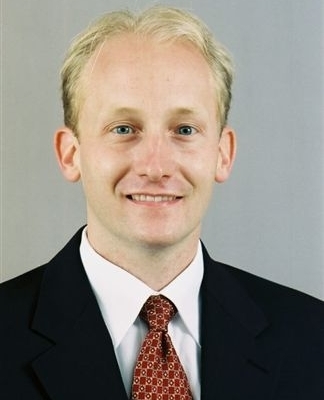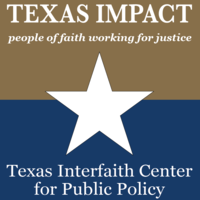Search
40 items
-
Leadership Meeting Guide - Protecting Your Nest
This meeting guide from Evangelical Environmental Network MOMS offers ways to live in a simple, toxic free home. It focuses on ways to protect children from fossil fuels and consumption of chemicals that are known to cause diseases. Suggestions for household improvements in this area include: reading labels, dumping processed foods, using homemade cleaning products, and more. -
Earth Day statement from ELCA presiding bishop
The Reverend Elizabeth A. Eaton, Presiding Bishop of the Evangelical Lutheran Church in America (ELCA), issued an Earth Day statement on behalf of the ELCA. A salient excerpt from the statement is shown below:
"The effects of the warming climate are felt in nearly every corner of the globe. These include increased migration, food insecurity due to changing agricultural landscapes, national security issues and health problems. As bad as it is for all creation, the most vulnerable people around the world are suffering the most. Yet they have contributed the least and, as noted in the United Nation's 2030 Agenda for Sustainable Development,[iii] are ill equipped to adapt to or mitigate the effects of a changing climate to build resilient communities." -
Climate Change
The Presbyterian Church has put forth this video on care for creation, emphasizing that Christ has called us to go out into the world to care for creation and our fellow humans, especially the poor. The Union of Concerned Scientists has identified food, transportation, and energy as three key areas of focus to help stem climate change Congregations can help by implementing energy saving techniques, participate in recycling and composting waste, teaching children to grow food, and incorporating salient creation care concepts within educational settings. -
Hazardous Waste, Race, and the Environment
This statement was approved by the 207th General Assembly Presbyterian Church (U.S.A.), 1995. The predominant theme focuses on the impact that hazardous waste has on individuals who are suffering from poverty and minority groups. The final section provides suggestions for taking action. -
USCCB President's Refelction and Prayer During Coronavirus
The president of the U.S. Conference of Catholic Bishops Archbishop José H. Gomez offers his statement regarding COVID-19 to bring comfort to those affected by the virus and to pray for recovery. He offers prayer to healthcare workers and civic leaders helping fight against the virus and calls for solidarity among the congregation.
He leads a prayer to the Virgin Guadalupe for protection and healing, and for compassion and patience in the church.
-
Catholic Response to Outbreak of Coronavirus
Chairman of the U.S. Conference of Catholic Bishops' Committee on International Justice and Peace and Bishop David J. Mallot, Sean Callahan the president of Catholic Relief Services, and Sr. Mary Haddad, RSM, the president of the Catholic Health Association of the United States offer a statement in the midst of the Coronavirus outbreak. The statement applauds healthcare workers and calls on governing bodies to work together to combat the virus. The statement also recognizes the U.S. for sending 17 tons of medical supplies to China, an example of how compassion and teamwork is needed at this time. A part of his address contains the following:
“The Catholic Church in the United States stands in solidarity with those affected by the coronavirus and their families, health workers who are valiantly trying to diagnose and treat patients, and those under quarantine awaiting results of their screening for the virus. We offer our prayers for healing and support those organizations, both domestic and international, working to provide medical supplies and assistance to address this serious risk to public health." -
Faith, science and technology
The World Council of Churches (WCC) discusses the intersection of faith, science, and technology and what the future might hold given the current trajectory of new technological developments. The concluding paragraph provides some summary statements regarding this issue:
"The work done so far on genetic engineering has helped to identify also other challenging technological developments, especially in the field of nano-scale technologies that operates at the scale of atoms and molecules. According to the U.S. National Science Foundation, the global market for nano-scale technologies will exceed $1 trillion within six years, yet most governments and intergovernmental agencies have hardly heard or thought of nano-technology. One of the Ecumenical Conversations will focus on the challenges by new technologies to the churches’ witness to the sanctity of life. The question will be if the WCC can facilitate exchange among the churches on these issues in order to broaden the basis for common witness and action. Is it true that time has come for a new emphasis on the concerns posed by science and technology?" -
A Prayer for Protection in Time of Pandemic
A prayer for those who are sick, vulnerable, and/or have passed away due to illness, to Mother Mary and Son Jesus; Adapted from the prayer of Pope Francis, provided by the Knights of Columbus. -
Coronavirus, Faith Leaders, and Sustainable Development
An event organized by the United Nations Environment Progamme and the Swedish International Development Cooperation Agency led a digital conference to discuss innovation to combat the environmental crisis in light of the COVID-19. The Faith for Earth Initiative calls for interfaith collaboration to combat environment problems. In the midst of a global crisis, the UN encourages this time to be used for innovation and educational progression. This quote from Iyad Abumoghi summarizes the mission:
“'The coronavirus pandemic is focusing hearts and minds, says the director of Faith for Earth, Iyad Abumoghli. “Faith for Earth is mobilizing youth, the leaders of faith-based organizations, as well as scientists and theologians to work together for innovative change to speed up sustainable development.'” -
Interfaith Response to COVID-19
The United Nations Environment Programme compiled a list of Interfaith responses to the outbreak of COVID-19, including statements from the Berkley Center, Oxford, and the World Evangelical Alliance. The UN recognizes faith organizations as leaders in navigating the impacts of COVID-19 and made this list to recognize these emerging responses. -
Engaged Organizations: Scaling Up Nutrition
Scaling Up Nutrition discuss their vision and goals on their website:
"Since 2010, the SUN Movement has inspired a new way of working collaboratively to end malnutrition, in all its forms. With the governments of SUN Countries in the lead, it unites people—from civil society, the United Nations, donors, businesses and researchers—in a collective effort to improve nutrition. The SUN Movement Strategy and Roadmap (2016-2020) has helped illuminate the importance of nutrition as a universal agenda – and one which is integral to achieving the promise of the Sustainable Development Goals (SDGs).
To realise the vision of a world without hunger and malnutrition, the SUN Movement Principles of Engagement guide actors as they work in a multi-sectoral and multi-stakeholder space to effectively working together to end malnutrition, in all its forms. These principles ensure that the Movement is flexible while maintaining a common purpose and mutual accountability." -
Engaged Organizations: 1,000 Days
1,000 Days non-profit organization for women and children discuss the work that they do on their website:
"1,000 Days works to win support for investments in the nutrition and well-being of mothers, babies and toddlers in the U.S. and around the world. We make the case to policymakers, global leaders and those who influence them that brighter futures begin with ensuring mothers and children everywhere have a thriving first 1,000 days.
From advocating for evidence-based dietary guidelines for pregnant women and young children to providing parents with educational resources and content on baby and toddler feeding, 1,000 Days is committed to nourishing healthy beginnings. " -
Profile: Melanie Harris
Dr. Melanie L. Harris is Associate Professor of Religion at Texas Christian University in Fort Worth, TX . There, she teaches and conducts research in the areas of Religious Social Ethics, African American Religion and Environmental Justice. She is a GreenFaith Fellow and co-director of Earth Honoring Faith with Ghost Ranch Education and Conference Center. Dr. Harris is currently a member of the Board of Directors of KERATV/Radio in Dallas and facilitates contemplative retreats as a licensed Spiritual Director. She is the author of Gifts of Virtue: Alice Walker and Womanist Ethics (Palgrave), as well as coeditor of the volume Faith, Feminism, and Scholarship: The Next Generation (Palgrave) and editor of Ecowomanism: Earth Honoring Faiths (Brill).
Along with Dr. Jennifer Harvey, Dr. Harris conducts workshops about racial justice, womanist ethics and environmental justice. She has presented to audiences in the AME, United Church of Christ, and Baptist church traditions. -
Heat and Health: A Faith Response to Building Stronger Communities
"Today, more than 40 percent of Americans are at risk of extreme and excessive heat. July has been a hot month across the country with historic temperatures.
Our resource and toolkit are now available to support you and your community! You can find download the resources here. We have an information briefing paper and shareable resources that show the warning signs of heat-related illnesses." -
Decolonizing Thanksgiving
"As we head into the Thanksgiving holiday weekend in the United States, it’s great to think about all the things we can be grateful for. It is good to have a time to pause and reflect, to participate in the seasonality of gratitude for the year’s bountiful harvest, and to gather with family and friends. (We’ll ignore the über-consumerism of the day following Thanksgiving…)
Many of us probably know by now, however, that the story many of us learned in school about the first Thanksgiving is rather inaccurate at best, and racist and paternalistic in many ways, with a focus on the Manifest Destiny idea of the divine mandate for Europeans to conquer the “New World” in the name of Christ and country.
A few questions come to mind (at least my mind), for those of us with European-American roots, such as:
Should we even celebrate Thanksgiving, since it’s so tainted with colonialism?
What might it look like to “decolonize” our own understandings and our culture?
How can we do this work in a way that encourages our own folks to partner, rather than making them (our White brethren) feel further ostracized, but while also speaking real truth?
What can we do this Thanksgiving to begin to reconcile relationships damaged in the colonial era, both human to human and human to this land?" -
MLK Day 2024
"ServeOhio Funds 19 Statewide Service Projects Taking Place in celebration of MLK Day
These grants support more than 1,300 volunteers engaging in local community service projects across fifteen Ohio cities
ServeOhio, the Governor-appointed commission on service and volunteerism, announces grant awards to support 19 local Martin Luther King Jr. Day of Service projects throughout January totaling more than $25,000. Much like Dr. King’s legacy, these grants will help nonprofits across the state improve their communities through service and volunteer activities. The grants will fund service projects in fifteen Ohio cities led by more than 1,300 volunteers.
Each project commits to bringing volunteers together to create or improve community assets or infrastructure and supports local community engagement and impact. Additionally, every project includes an education component based on Dr. King’s message of peace, unity, and service to create long-term, sustainable change.
ServeOhio awards these grants with support from the American Electric Power Foundation. Each grant totals between $250 - $1,500." -
Earth Dialogue Tour
Two faith-based environmental leaders, Amy Woolam Echeverria and Gopal D. Patel, are travelling across the U.S.A to visit and speak to Catholic congregations, campuses, and other communities. They discuss faith-driven environmentalism and the responsibility to help communities affected by environmental damage. -
Overpopulation and the Lifeboat Metaphor: A Critique from an African Worldview
Many scientists have warned that the earth is nearing overpopulation or has already reached its carrying capacity. Garret Hardin proposed the lifeboat ethics metaphor to address this crisis and proper resource distributions. Okyere-Manu comments that this metaphor does not take into account the African political and cultural worldview. Hardin's metaphor is also reliant on inequality which disproportionately affects vulnerable communities. -
Muslims for Progressive Values
MPV (Muslims for Progressive Values) establishes and nurtures vibrant progressive Muslim communities. We do this by creating opportunities for religious discourse, volunteer and community activities, and cultural events bringing together the arts, spirituality, and social activism.
Since our inception, we have secured DPI and ECOSOC Special Consultative Status at the U.N., and a founding member of the Alliance of Inclusive Muslims, or AIM, an umbrella organization spanning 13 countries and 17 cities.
MPV is a progressive Muslim voice on contemporary issues. We voice our perspectives with policy briefs, by participating in civil discourse, engaging with the media and government entities, and by partnering with both Muslim and non-Muslim progressive organizations.
MPV promotes theologically-sound frameworks for Islamic liberalism. We seek to reinvigorate the Islamic tradition of ijtihad (critical engagement and interpretation of sacred texts) and intellectual discourse. We do this by collaborating with religious scholars and developing position papers on theological issues that are accessible to a wide audience.
Muslims for Progressive Values has been in existence since 2007. Quietly and diligently, we have been building our progressive community, one city at a time, and now one country at a time. Since its inception, MPV has expanded to include communities in Los Angeles, San Francisco, Washington DC, Atlanta, Columbus (OH), New York, Chicago, Boston, Minnesota and The Netherlands. -
Profile: Jerry Freewalt
Jerry Freewalt is Director of the Office for Social Concerns of the Catholic Diocese of Columbus, Ohio. In this capacity, he serves as an educator and advocate to further the understanding of the Church’s social justice teachings. Jerry joined the office in 1995 as the respect life coordinator. Jerry also administers the respect life program, parish social ministry, rural life, jail and prison ministry, advocacy for persons with disabilities, and other education and advocacy efforts. -
Eco-Justice Ministries
Eco-Justice Ministries is an independent, ecumenical agency that helps churches care for all of God's creation, and develop ministries that are faithful, relevant and effective in working toward social justice and environmental sustainability.
Their website showcases environmental efforts such as helping churches "go green" and helping individuals adopt eco-responsible lifestyles. You can also find an archive of Eco-Justice Notes that respond to racial justice issues and focus on uniting faith communities for a more equitable future. -
Columban Center for Advocacy and Outreach
The Columban Center for Advocacy and Outreach (CCAO) was founded in 1985 as the national advocacy office for the Missionary Society of St. Columban in the United States.
CCAO serves as the line of communication between Columban missionaries on the ground and policy-makers in Washington, D.C. Their mission is to work towards a more just, peaceful, and environmentally sustainable world by engaging in the political process guided by our faith and the Gospel. They work for structural change for the poor and marginalized populations Columbans serve around the world. Moreover, they advocate for policies and structures that bring society and the world into the right relationships with all of God’s Creation.
CCAO follows Catholic Social Teaching as their lens to engage in legislative advocacy and community engagement. -
Towards A Global Ethic (An Initial Declaration & The Fifth Directive)
This is a statement from Parliament of the World's Religions on coming together as a world to become more sustainable and care for the Earth. The text showcases their commitment to a culture of sustainability and care for the Earth, their support for gender equality, human rights, and a just economic order. -
Texas Impact and Texas Interfaith Center for Public Policy
Texas Impact exists to put faith into action. They equip faith leaders and their congregations with the information, opportunities, and outreach tools to educate their communities and engage with lawmakers on pressing public policy issues. They are an interfaith group that works together on issues such as racial discrimination, climate change, economic justice, and human rights that impact the most vulnerable people in our communities.
The Interfaith Center is Texas Impact’s 501(c)(3) research and education partner. The Interfaith Center’s board includes thought leaders; government affairs professionals; public servants; and communications experts. They provide the political insight and guidance that help Texas Impact offer clear, relevant, information that faith communities need to be effective advocates. -
Green Umbrella Impact Team: Faith Communities Go Green
MISSION: Partnering with religious communities to create a more sustainable and equitable future for all by mobilizing their moral voice to reduce the risk of catastrophic climate change.
VISION: Religious communities collaborating to integrate care for creation in their lives and society.


